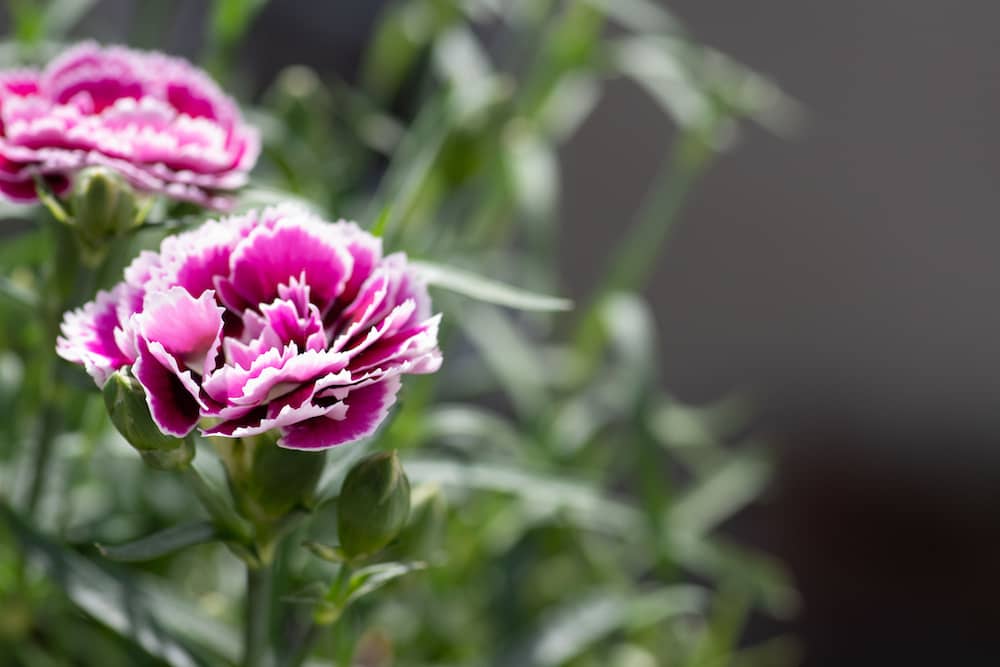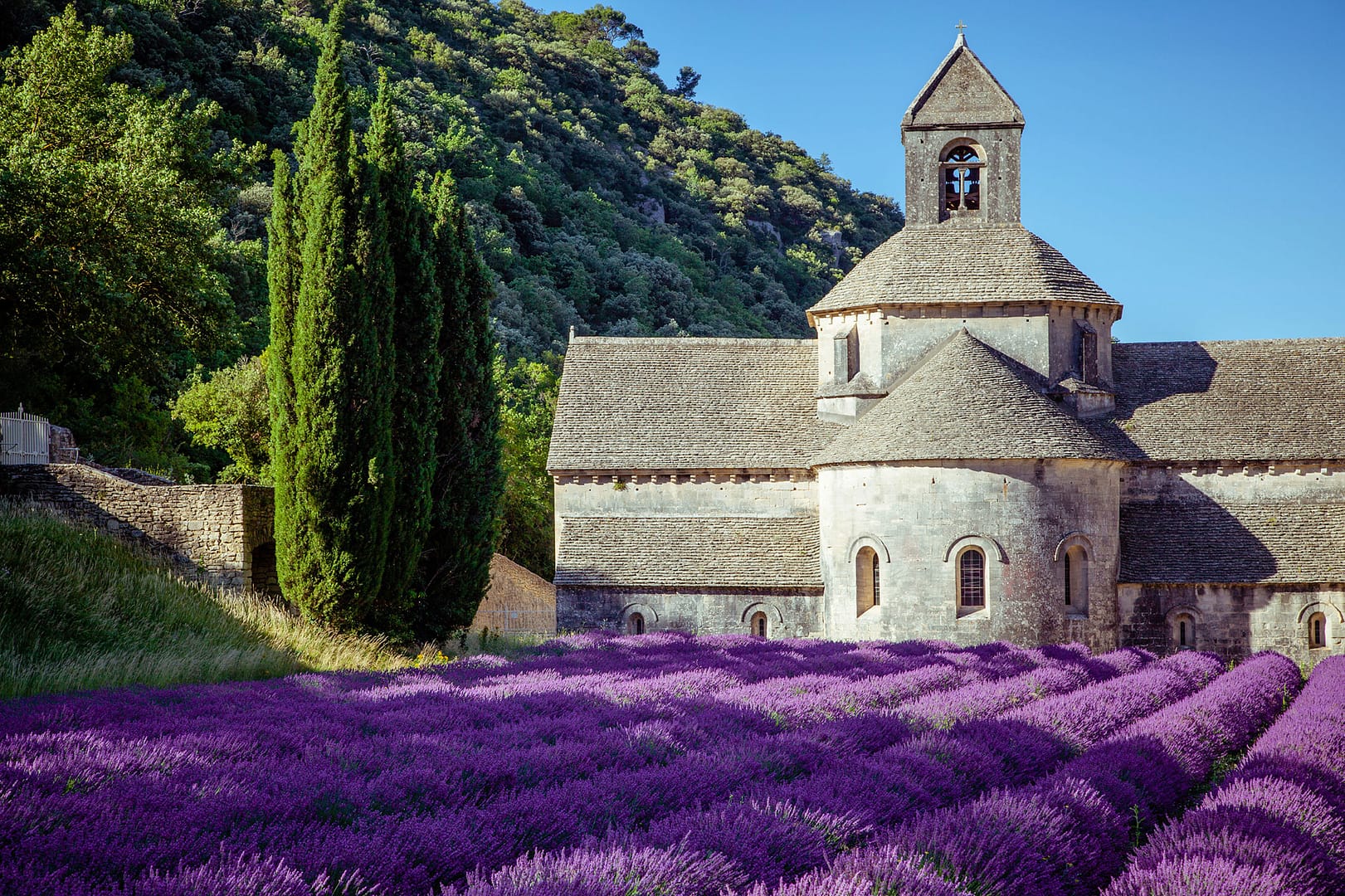Carnation – or what the Greeks called the “divine flower” originated in the Pyrenees. This legendary flower comes in an array of red colors with vibrant petal patterns. Carnations are favorites because the long stem leads to a broad flower with ribbon-like petals flowing from the center. Today, carnations are widely used in boutonnieres and corsages because the flower’s vibrant color and sturdy build make it the perfect accessory.
Like roses, carnations have different meanings based on the flower. A light-colored carnation signals admiration for a person, while a deep red carnation tells of strong, intimate feelings for another. In the United States, the carnation is the official flower of Mother’s Day.
Carnations are more than symbols; early Europeans used carnations in medicine for calming nervous system disorders and coronary problems. Ancient Chinese medicine used carnations as a vermifuge. Today, carnations and carnation oil have several medicinal uses. Its anti-oxidant properties fight cancers by reducing free radicals, anti-inflammatory properties reduce muscle cramps, and carnations powerfully settle an upset stomach.
Carnations don’t have as many uses in cuisine as they do in medicine. However, carnations are edible, and the spicy flavor pairs well in several dishes. Spiced wine, a Christmas-time favorite, is enhanced when substituting carnations for cloves. They’re a delightful snack when candied and have been a great addition to salads too.
Artiste is the best source for high-quality ingredients from around the world. Interested in knowing more? Need to know, ask Joe!
Share This

About atrga94
Related Posts
From the Source: France
Phone: (201) 447-1311 | Email: jraimondo@artiste.us.com




